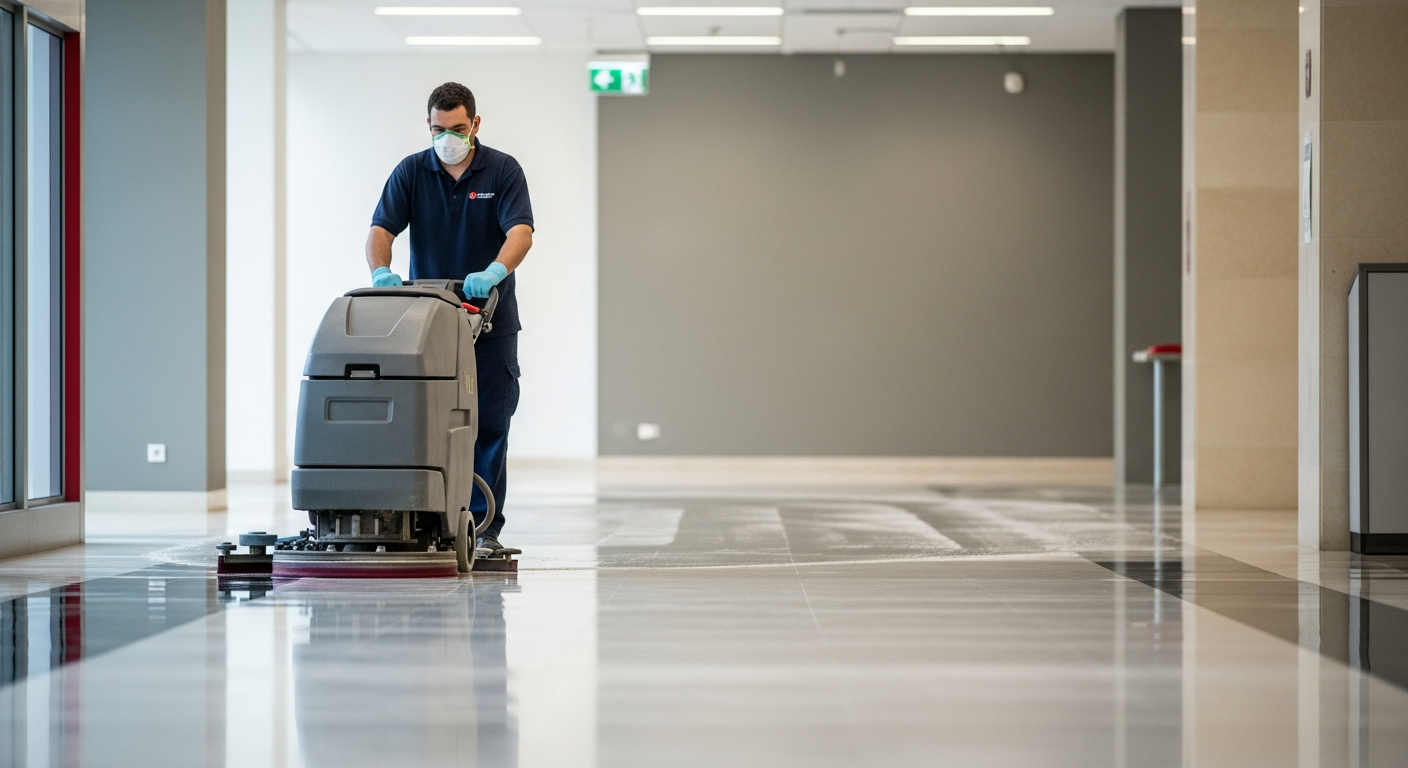Understanding and Managing Snoring: A Complete Guide
Snoring affects millions of people worldwide, disrupting sleep quality for both snorers and their partners. While occasional snoring is normal, persistent snoring can indicate underlying health issues and significantly impact daily life. Understanding when snoring becomes problematic, identifying effective solutions, and knowing when to seek professional help are crucial steps toward achieving better sleep quality and overall health.

How to Recognize if Snoring is a Recurring Issue
Identifying chronic snoring requires careful observation of patterns and frequency. Consistent snoring occurs most nights of the week, often accompanied by loud, disruptive sounds that wake household members. Key indicators include gasping or choking sounds during sleep, excessive daytime fatigue despite adequate sleep hours, and morning headaches or dry throat upon awakening.
Sleep partners often serve as valuable witnesses, reporting interrupted breathing patterns or periods of silence followed by loud snorts. Additionally, chronic snorers frequently experience restless sleep, tossing and turning throughout the night. If these symptoms persist for several weeks or months, the snoring has likely become a recurring issue requiring attention.
Simple Self-Checks and Tests People Use at Home
Several home-based assessments can help evaluate snoring severity and patterns. Sleep diary tracking involves recording snoring frequency, intensity, and associated symptoms over two to three weeks. Partners can note specific times when snoring occurs and describe the sounds and breathing patterns observed.
Smartphone applications designed for sleep monitoring can record overnight audio, providing objective data about snoring frequency and volume. Video recording during sleep sessions may reveal sleep position correlations and breathing irregularities. Body position experiments, such as sleeping on different sides or elevating the head, can help identify positional factors contributing to snoring.
Self-assessment questionnaires, including the Epworth Sleepiness Scale, measure daytime drowsiness levels that may indicate sleep quality issues related to snoring. These tools provide valuable baseline information for discussions with healthcare providers.
Why Seeking Professional Advice May be Helpful
Professional medical evaluation becomes essential when home assessments reveal concerning patterns or when snoring significantly impacts quality of life. Healthcare providers can conduct comprehensive sleep studies, either in clinical settings or through home sleep testing devices, to diagnose underlying conditions such as sleep apnea.
Medical professionals can identify anatomical factors contributing to snoring, including nasal septum deviation, enlarged tonsils, or throat tissue abnormalities. They may recommend imaging studies or specialized examinations to determine the most appropriate treatment approach.
Early professional intervention can prevent more serious health complications associated with untreated sleep disorders, including cardiovascular problems, diabetes risk, and cognitive impairment. Additionally, healthcare providers can distinguish between simple snoring and potentially dangerous conditions requiring immediate medical attention.
Overview of Commonly Explored Anti-Snoring Aids
Various anti-snoring devices and aids are available to address different underlying causes. Nasal strips and nasal dilators help open nasal passages, reducing airway resistance during breathing. These external devices are particularly effective for snoring caused by nasal congestion or structural issues.
Oral appliances, including mandibular advancement devices and tongue stabilizing devices, reposition the jaw or tongue to maintain open airways during sleep. These custom-fitted or over-the-counter options require proper sizing and gradual adjustment periods for optimal effectiveness.
| Product Type | Examples | Cost Range | Effectiveness |
|---|---|---|---|
| Nasal Strips | Breathe Right, Snorecare | $10-25 per month | Mild to moderate nasal snoring |
| Oral Appliances | SnoreRx, ZQuiet, VitalSleep | $50-200 | Moderate to severe snoring |
| CPAP Machines | ResMed, Philips Respironics | $500-3000 | Sleep apnea and severe snoring |
| Positional Aids | Sleep position belts, wedge pillows | $20-100 | Position-dependent snoring |
Prices, rates, or cost estimates mentioned in this article are based on the latest available information but may change over time. Independent research is advised before making financial decisions.
Continuous Positive Airway Pressure (CPAP) machines represent the gold standard treatment for sleep apnea-related snoring, delivering pressurized air to maintain open airways throughout the night. While more expensive and requiring adjustment periods, CPAP therapy provides highly effective results for appropriate candidates.
How Lifestyle Changes May Support Better Sleep
Strategic lifestyle modifications can significantly reduce snoring frequency and intensity without medical interventions. Weight management plays a crucial role, as excess weight around the neck and throat area increases tissue pressure on airways during sleep.
Sleep position adjustments, particularly avoiding supine sleeping, can prevent tongue and soft tissue collapse that contributes to airway obstruction. Elevating the head of the bed by four to six inches or using specially designed wedge pillows helps maintain proper airway alignment.
Alcohol and sedative avoidance, especially within four hours of bedtime, prevents excessive muscle relaxation that worsens snoring. Staying adequately hydrated throughout the day keeps throat and nasal tissues moist, reducing irritation and congestion that can contribute to snoring.
Regular exercise improves overall muscle tone, including throat and airway muscles, while also supporting healthy weight maintenance. Establishing consistent sleep schedules and creating optimal sleep environments further enhance sleep quality and may reduce snoring occurrence.
Understanding snoring patterns, utilizing appropriate assessment tools, and implementing targeted interventions can significantly improve sleep quality and overall health. Whether through simple lifestyle modifications, anti-snoring devices, or professional medical treatment, effective solutions exist for most snoring issues. The key lies in accurate assessment, appropriate intervention selection, and consistent implementation of chosen strategies.
This article is for informational purposes only and should not be considered medical advice. Please consult a qualified healthcare professional for personalized guidance and treatment.




